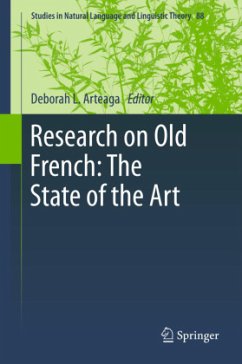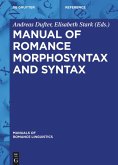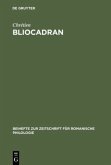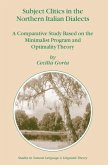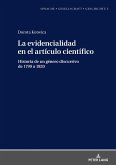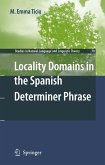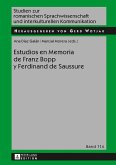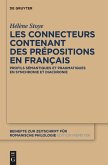The present volume presents scholarly study into Old French as it is practiced today, in all of its forms, within a variety of theoretical frameworks, from Optimality Theory to Minimalism to Discourse Analysis. Many of the chapters are corpus-based, reflecting a new trend in the field, as more electronic corpora become available. The chapters contribute to our understanding of both the synchronic state and diachronic evolution, not only of Old French, but of language in general. Its breadth is extensive in that contributors pursue research on a wide variety of topics in Old French focusing on the various subsystems of language. All examples are carefully glossed and the relevant characteristics of Old French are clearly explained, which makes it uniquely accessible to non-specialists and linguists at all levels of training.
From the reviews:
"The editor aims to provide insight into both diachronic and synchronic linguistics, not only of Old French, but of language in general. All examples are glossed and the relevant characteristics of Old French are clearly explained, in order to direct the book not only at linguists and graduate students who specialize in Old French, but also at linguists who conduct research in historical linguistics in other languages ... . This is a book that will be gratefully used by many scholars and researchers ... ." (Catharina Peersman, The Linguist List, September, 2013)
"The editor aims to provide insight into both diachronic and synchronic linguistics, not only of Old French, but of language in general. All examples are glossed and the relevant characteristics of Old French are clearly explained, in order to direct the book not only at linguists and graduate students who specialize in Old French, but also at linguists who conduct research in historical linguistics in other languages ... . This is a book that will be gratefully used by many scholars and researchers ... ." (Catharina Peersman, The Linguist List, September, 2013)

